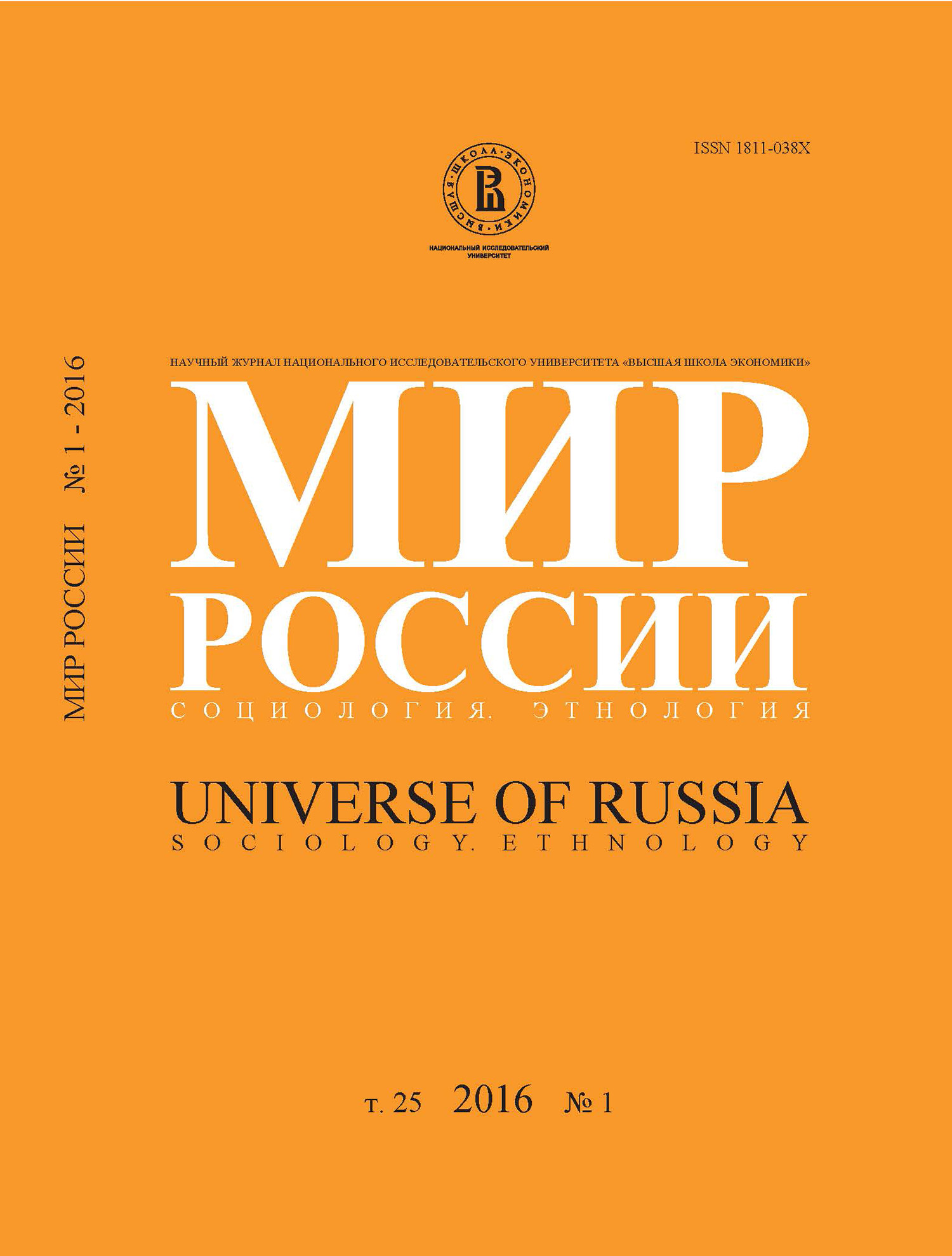A Comparison of Russia and Latin America as Civilizations:Reflections on the Books of Zemskov
Abstract
Yakov Shemyakin — Doctor of History, Chief Researcher, Institute of Latin America. Address: 21, Bolschaya Ordinka St., Moscow, 115035, Russian Federation. E-mail: shemyakinx3@gmail.com
This article compares the cultural and historical entities of Russia and Latin America in the context of the theoretical heritage of Zemskov (1940–2012) elaborating on the argument, according to which the Latin American and the Russian-Eurasian macrosocial entities can be defined as ‘borderline’ civilizations. The borderline nature of these civilizations is based on how they succeed in maintaining a specific relationship between the principles of unity and the principles of diversity. Whereas the principles of diversity play the dominant role in the cultural make-up of these civilizations, their unity and internal integrity is nevertheless real. One of the main results is the conclusion that the integrity of Russia and Latin America is based on ‘reciprocal support’. The author traces the ways in which the logic of ‘reciprocal support’ is manifested in various spheres of Russian and Latin American life. Particular attention is paid to a comparative institutional analysis of ‘borderline’ civilizations.






